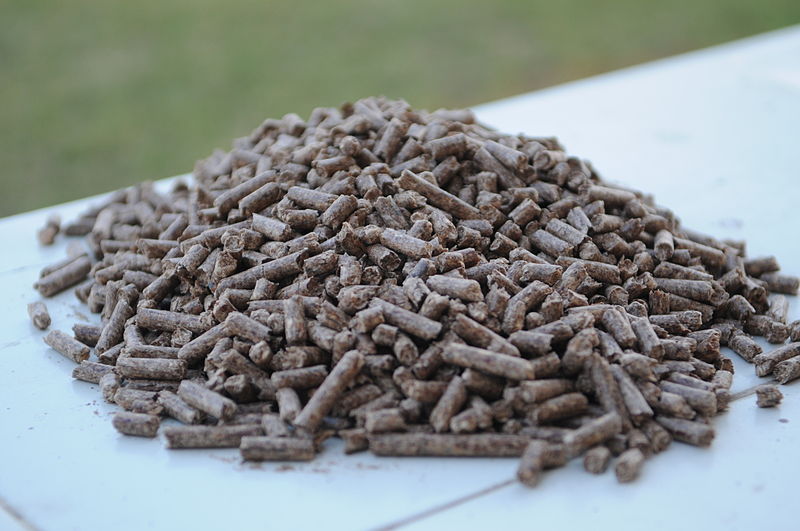The Renewable Energy Association (REA) is launching a Wood Heat Association to lobby on behalf of the biomass heating industry.
Talking to Stuart Pocock, chief operating officer of the Renewable Energy Association at this year’s Solar Energy UK event, he explained the new REA subsidiary has been formed to “look after wood heat members”.
“Biomass is growing, so there needs to be more of an REA focus, by the end of 2015 we will be recruiting members for WHA,” said Pocock.
The WHA will provide trade representation and conduct lobbying for biomass, and advise the industry on business development while working towards improving industry standards.
The WHA will also work on maximising the benefits of the government-run Renewable Heat Incentive (RHI) for its members.
The REA is still going to focus on working with the solar thermal industry and the RHI, and other issues within the renewables industry such as storage.
On storage Pocock said it is “clear that storage is happening now, it is not decades away anymore and there are lots of different solutions, from batteries to hydrogen – it’s an interesting mix.”
Talking about the REA storage sector event at SEUK, Pocock said “it was surprisingly packed, our event was stacked out; no one could walk passed it was so full.”
The storage sector will “be driven by potential renewables and working flat out to provide balance for the grid and to improve grid resilience, it is quite interesting and multi-faceted” said Pocock.
The REA is to work on raising the profile of energy storage in the UK government and how the government can improve on making it easier for storage to be integrated with policy changes and tax incentives, said Pocock.
On the WHA, solar and storage focus, Pocock said the “key thing is to join the dots up. With storage for example, both solar and storage need each other.” Pocock also mentioned the REA is working on connecting solar with storage and also electric vehicles, “it makes sense to have it all connected.”
Solar “in particular because of its cost reductions profile, it is in unique position for grid parity with lots of pluses, but it needs storage so as not to be constrained by the grid” said Pocock.
Pocock also said the UK need to get solar on buildings and work towards grid parity with an “enormous amount of work through finance groups and financial communities needed” to prepare the industry for the move from Renewable Obligation Certificates (ROCs) to Contracts for Difference (CfD) for renewable developments over 5MW.
“We will talk to developers and find out what needs to be done , and then advise government, especially with the [national] election in May coming up” said Pocock.
Pockock also said the REA is to focus on transport fuels sustainability “and getting right message out, for policy framework and support.”
Talking about SEUK Pocock said “It’s great to see more optimism around now, there has been more money invested [in UK solar] so there are larger stands and more people this year.”
“Its gone really well, ticked all the boxes.”
The REA is hoping the government can then make sense of different technologies and improve the roll out of all technologies, as “each technology has its own challenges”.
The REA “will be very busy” over the next year, Pocock.





